THE TRAP
About 9 months or so later, the tenant would receive a rent increase notice that deceptively appears to be a legal document issued by the city government, with a letterhead including “District of Columbia Department of Housing and Community Development.” Actually, the form is filled out by the landlord and the city doesn’t check it for accuracy.
The notice claims that her monthly rent will increase by an absurdly high amount, often more than $1,000. It isn't unusual for a corporate landlord to claim that a tenant’s "rent" for a moderate one-bedroom apartment will be over $3,000 per month as shown in these redacted real-life examples.
[NOTE: The decision in the DC Attorney General’s case against Equity Residential found this to be false advertising, awarding $1 million to tenants.]
The tenant now realizes that last year the leasing agent had tricked her into signing a lease with an absurdly high amount listed as the "rent." It was not a formality as was claimed. The tenant is trapped.
The tenant meets with the leasing agent to plead for a better deal. The agent says not to worry because he can offer her another “concession.” But this time it’s smaller than before. He offers a new rent that is $250 more per month than what she had been paying. This far exceeds the maximum legal increase, which depending on the rate of inflation should be in the ballpark of $50 per month.
The agent says that he can only offer the tenant this deal if she signs a new lease. The lease will list an even higher “rent” than last time. The agent says not to worry – promising the tenant that she will get another big “concession” next year.
Ironically, the sales agents often don’t know that this is illegal — the scam was designed by the corporate owner and its attorneys. That’s one reason that the scam is so effective - the sales agents appear to be nice people who would not lie to you, so you sign the predatory lease.
NEXT: Costs add up
